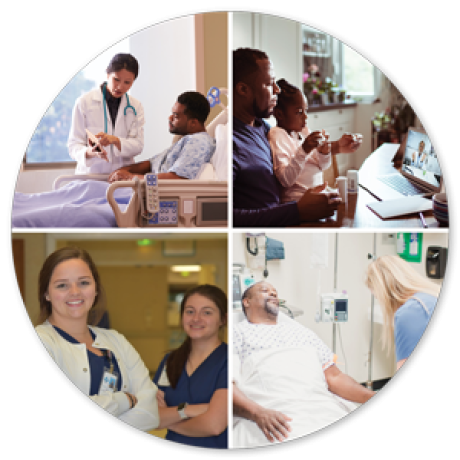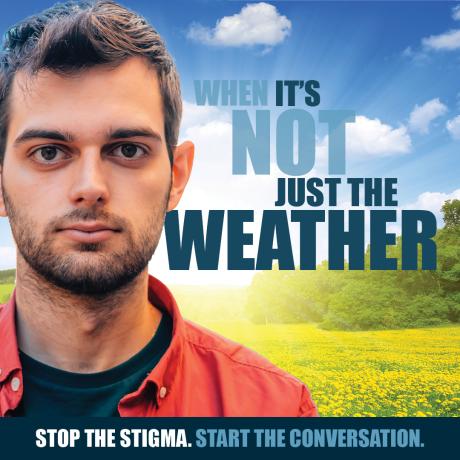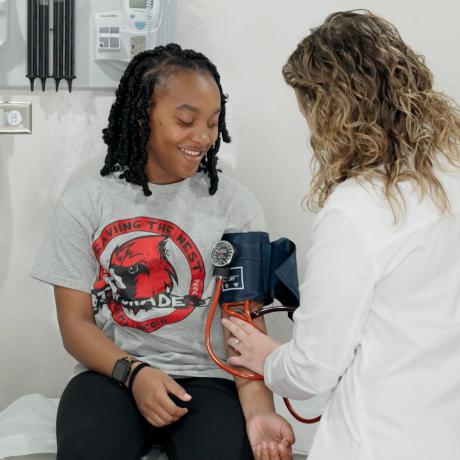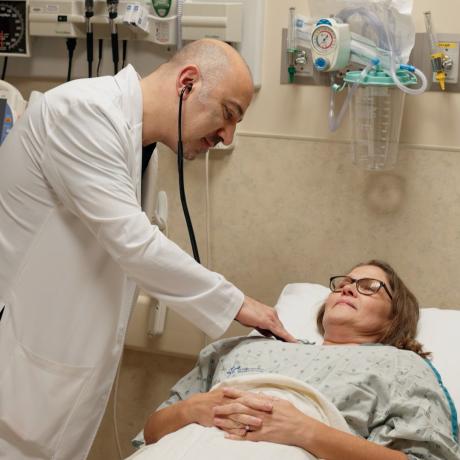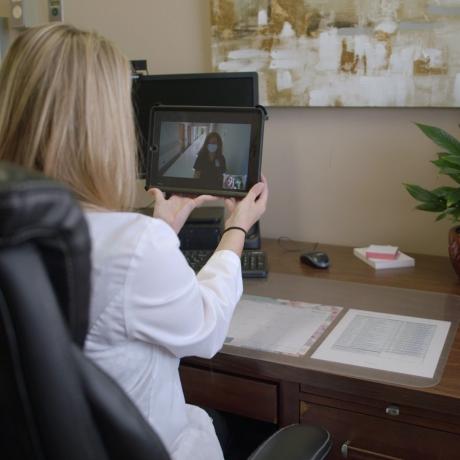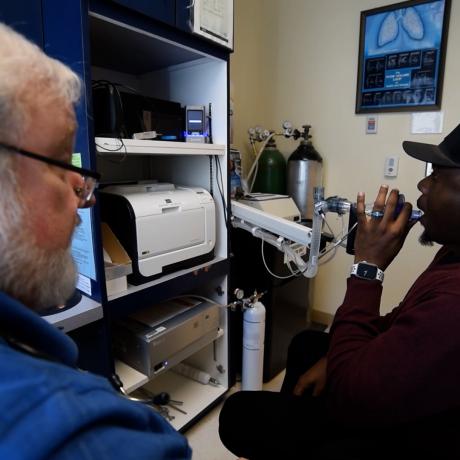The Health Resources and Services Administration (HRSA), Department of Health and Human Services (HHS) provided financial support for this Delta Region Community Health Systems Development Project. The award provided 100% of total costs and totaled $10,047,725. The contents are those of the author. They may not reflect the policies of HRSA, HHS, or the U.S. Government.
As a technical assistance provider to rural health care organizations, the National Rural Health Resource Center provides access to a wide range of resources on relevant topics. Inclusion on the National Rural Health Resource Center’s webpage or presentations does not imply endorsement of, or agreement with, the contents by the National Rural Health Resource Center or the Health Resources and Services Administration.
